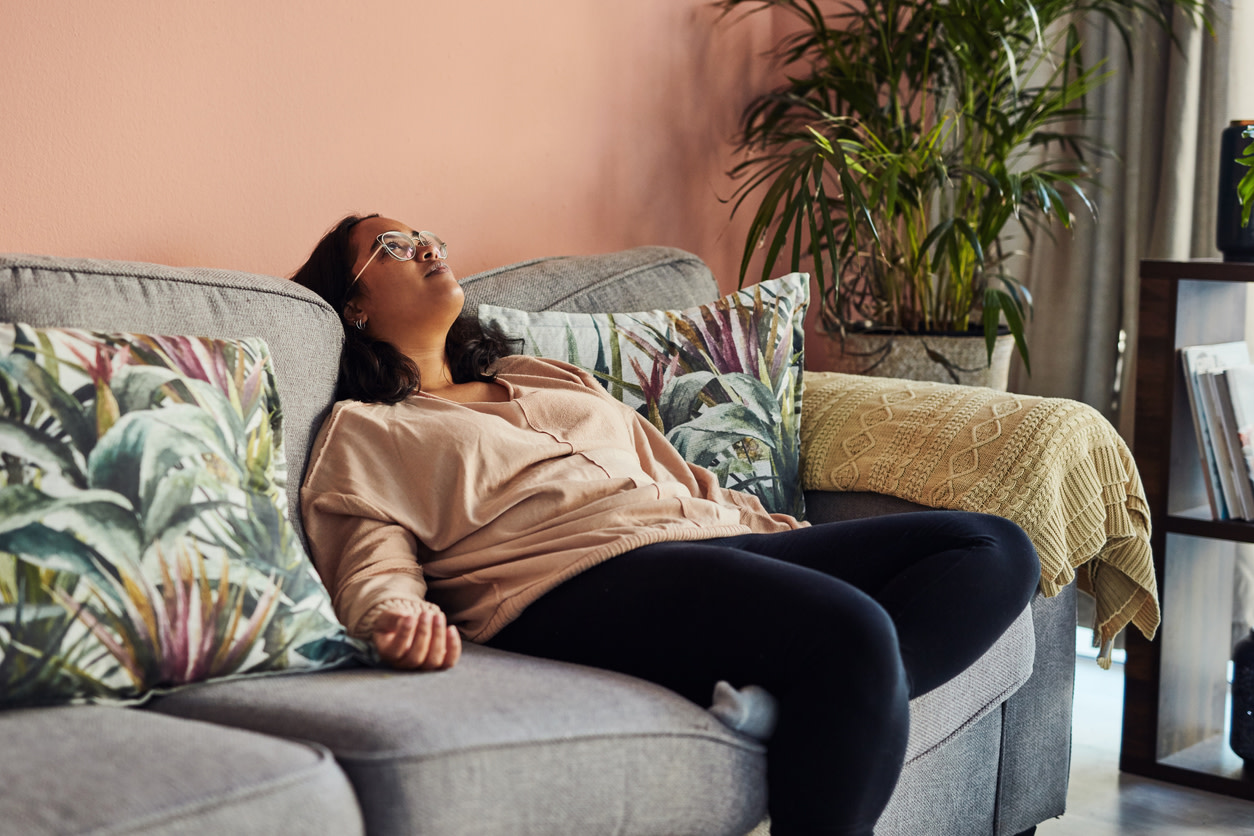Can anxiety cause fatigue? Causes, tips, and gentle energy boosters
If anxiety has ever made you feel tired, you’re not alone. Learn how it can contribute to fatigue, plus simple ways to boost your energy.
$0 costo para usted
Fecha de Publicación: Sep 24, 2025
El índice
Exercises to fight fatigue and boost energy
Want expert care? Check if you're covered for our free program →- Mini lunge
- Mini squat
- Calf raises
- Rotating plank on wall
- Wall pushups
